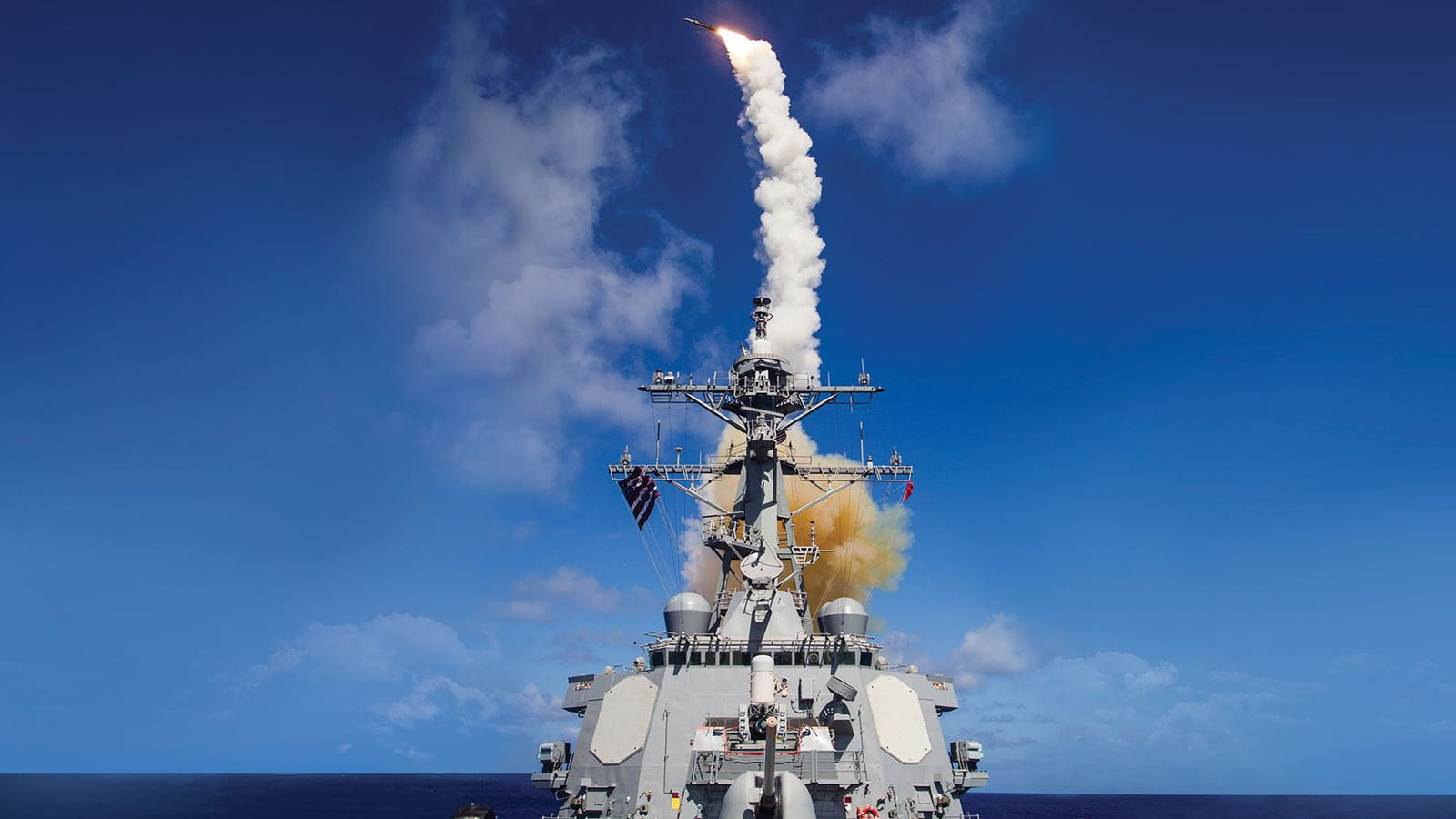United Technologies is kind of proud of its role in helping to build Airbus' new jet plane. Image source: United Technologies.
Airbus (EADSY +1.30%) has a new airplane -- and that could be great news for United Technologies (UTX 0.21%).
I'm sorry. Did that sound like a non sequitur? Allow me to explain:
Late last month, Airbus announced with some measure of pride that it had delivered to Lufthansa Group its first new model A320neo upgraded single-aisle commercial airplane. This is the first of thousands of A320neos, for which Airbus has booked firm orders, to actually be built and delivered to a customer.
It's important news for Airbus, because now, the company gets to begin converting those thousands of orders into cold, hard cash payments for delivered aircraft. It's important news for Lufthansa, which can now boast that it's got a plane in its fleet that no one else yet has.
And it's important news for United Technologies, because United Tech's Pratt & Whitney unit builds the PurePower Geared Turbofan (PW1100G, for short) engines that power Lufthansa's new A320neo. It's important because these engines permit Airbus and Lufthansa to boast that their new planes will fly quieter, leave a smaller carbon footprint, and cut fuel consumption by 15% (versus current-generation aircraft).
What it means to Airbus
Inaugural customer Lufthansa has ordered 116 A320neos for its fleet, and that's only the tip of the proverbial iceberg. Since 2010, Airbus has collected almost 4,500 orders for aircraft in its A320neo family (which includes the A319neo, A320neo, and A321neo). According to Airbus, that's about a 60% share of all single-aisle commercial aircraft ordered over the last six years -- and it means Airbus is outselling Boeing roughly 3-to-2 in this important segment of the market.
At list prices averaging $110.5 million across the three A320neo models, the value of those 4,500 orders could approach $500 billion.
What it means to United Technologies
In a press release of its own, United Tech trumpeted the first A320neo delivery, noting that its own UTC Aerospace Systems division is a "major supplier" of "advanced systems and controls for the A320neo." UTC AS components run everything from the flight control actuation system on the plane to its "cockpit controls, cabin pressure and control system, electric systems, fire protection, emergency power, cockpit and exterior lighting, wheels and brakes and air data sensors."
The contribution United Tech is most proud of, though, is undoubtedly the PW1100G geared turbofan engines that power Lufthansa's Airbus A320neo. These are the engines that, in anything other than the ultra-low oil price environment we see today, will be essential to keeping airplanes affordable enough to fly.
United Technologies won't say precisely how much each PW1100G engine costs, but Reuters estimates that the engine -- like the competing LEAP engine that General Electric's (GE 0.34%) CFM joint venture with Safran is offering for the A320neo -- costs about $11 million a unit. That means that, for 4,500 twin-engine airplanes, United Technologies and General Electric are fighting over a total market of roughly $99 billion.
What it really means to United Technologies
$99 billion -- or more. In addition to Airbus' A320neos, General Electric is also outfitting Boeing's competing 737 MAX line of aircraft with LEAP engines. United Technologies, meanwhile, has locked up exclusive deals to supply PW1100G engines to Bombardier and Embraer. And while those two aren't as big opportunities as the A320neo market is, Reuters still calls both planemakers' business "significant."
Long story short, the arrival of the Airbus A320neo is the start of a huge opportunity for United Technologies -- and it's only going to get bigger over time.
United Tech's new PW1100G engine -- revealed! Image source: United Technologies.









